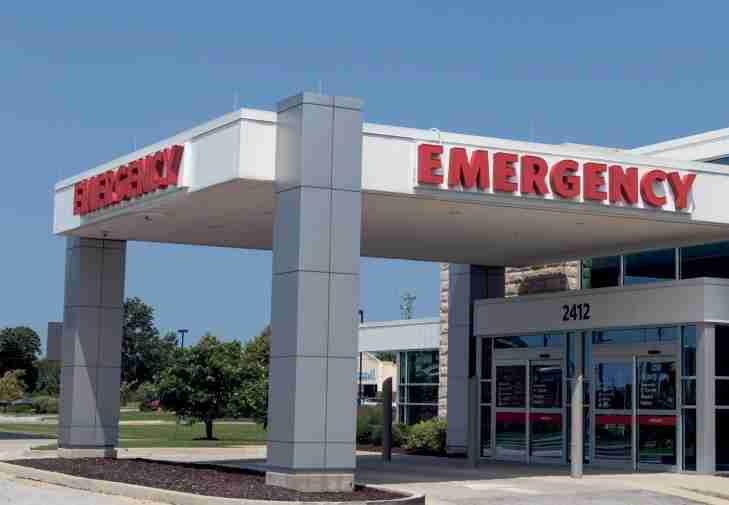STOCK PHOTO
The Covid-19 pandemic is seemingly behind us; in fact, President Biden recently ended the official national health emergency on April 10.
So perhaps it’s unsurprising that Americans want lawmakers to start preparing for the next public health threat, according to a new survey from the Biotechnology Innovation Organization and Healthcare Ready. Here are five big reasons lawmakers need to get the ball rolling.
1. The federal government is woefully underprepared to address future public health emergencies.
According to the BIO/Healthcare Ready survey only 22% of respondents believe that the U.S. would be "very prepared" for a new public health emergency today.
An investigation by the chairman of the U.S. Senate Homeland Security and Governmental Affairs Committee criticized the initial Covid-19 pandemic response as "historically unprepared." His report found that lack of a clear leadership structure, poor domestic manufacturing capacity, inadequate infectious disease surveillance, and poor communication were all contributing factors.
2. Government agencies designed to address public health emergencies are underfunded.
Of the $3.6 trillion America spends on health annually, less than 3% goes to public health and preventive measures. The Centers For Disease Control and Prevention, the agency with primary responsibility, saw its inflationadjusted budget decrease by 10% between 2010 and 2019.
A full 71% of survey respondents believe the federal spending for public health preparedness should increase.
3. Funding for preparedness will save money in the long run.
A report from the Global Preparedness Monitoring Board found that getting ready for the next pandemic would cost $39 billion. That’s about $5 for every person alive today. That figure is nothing next to the estimated $11 trillion cost of the 2020 response to Covid-19 and the $10 trillion in lost earnings.
4. Public health threats are also threats to national security.
An overwhelming 92% of survey respondents agree that "The ability to effectively prevent public health emergencies is a crucial part of maintaining U.S. national security." And 80% of respondents were at least somewhat concerned that the nation will face a bioterrorism attack in the next five years.
The budget of the Biomedical Advanced Research and Development Authority, the body in charge of developing medical countermeasures, was barely $745 million in fiscal 2022. A mere $76 million was available for the agency’s public-private partnership program designed to help address health security threats.
5. State lawmakers are key actors as well.
A nearly unanimous 97% of respondents believe that state governments share at least some responsibility for public health emergency preparedness. And 72% believe that the federal government should coordinate with state and local governments on response plans.
The verdict is in: Americans want us to be ready for the next emergency.
Phyllis Arthur is the senior vice president of infectious disease and emerging science policy at the Biotechnology Innovation Organization and the chair of Healthcare Ready. Tom Cotter, MPH, is the executive director of Healthcare Ready.













No Comment